Previously, due to signs of black stools and dull pain in the right abdomen, Mr. Q. was taken by his family to a medical facility in Ho Chi Minh City for examination. Here, the patient's abdominal CT scan showed a tumor in the right colon and many surrounding lymph nodes. The biopsy results after endoscopy confirmed that this was a cancerous mass.
The illness caused Mr. Q. to have poor appetite, anemia, and weight loss. In addition, the patient also suffered from a heart rhythm disorder, making surgery difficult.
Mr. Q. was discharged from the hospital and had to be hospitalized for blood transfusions every 2 weeks. When he learned about robotic surgery to treat colon cancer with minimal invasion, less pain and quick recovery, Mr. Q. decided to go to Binh Dan Hospital for surgery.
On October 15, specialist doctor Nguyen Phu Huu (Deputy Head of the Department of Digestive Surgery, Binh Dan Hospital) said that performing surgery on an 89-year-old patient with stage 3 cancer and severe malnutrition was a big challenge. Doctors had an interdisciplinary consultation and prepared very carefully to be able to perform the surgery, responding to the patient's resilience and trust.

The patient thanked the doctor before being discharged from the hospital.
After surgery, the patient can defecate naturally.
With the efforts of the team, the 120-minute surgery of Mr. Q. was a great success. The tumor was completely removed, the lymph nodes were quickly removed and most importantly, the healthy tissue in the patient's abdomen was preserved. After cutting about 40 cm of the right colon containing the tumor, the surgeon removed the lymph nodes. The surgical robot also allows doctors to re-establish gastrointestinal circulation in one surgery. That means connecting the two ends of the intestine together accurately and conveniently, instead of having to do it in two different surgeries. This ensures the patient's ability to defecate naturally without having to open an artificial anus into the abdominal wall. This is very meaningful for the quality of life of the patient and their relatives.
After surgery, Mr. Q. was cared for in the Resuscitation Room of the Department of Gastroenterology and began eating again on the third postoperative day. The patient continued to receive nutritional care and physical therapy to help the patient move soon after surgery.
The patient's abdominal ultrasound on the 7th postoperative day showed a clean abdomen with no fluid. He was discharged on the 10th postoperative day.
Sharing with the doctor before being discharged from the hospital, Mr. Q. said: "When I first had surgery, I felt tired, but it gradually decreased, and now I feel healthy. Thank you, doctor, for giving me life again."
Source: https://thanhnien.vn/tphcm-phau-thuat-robot-tri-ung-thu-dai-trang-giai-doan-3-cho-cu-ba-89-tuoi-185241015163701019.htm



![[Photo] Prime Minister Pham Minh Chinh receives Deputy Prime Minister of the Republic of Belarus Anatoly Sivak](https://vstatic.vietnam.vn/vietnam/resource/IMAGE/2025/4/2/79cdb685820a45868602e2fa576977a0)
![[Photo] Comrade Khamtay Siphandone - a leader who contributed to fostering Vietnam-Laos relations](https://vstatic.vietnam.vn/vietnam/resource/IMAGE/2025/4/3/3d83ed2d26e2426fabd41862661dfff2)

![[Photo] Prime Minister Pham Minh Chinh receives CEO of Standard Chartered Group](https://vstatic.vietnam.vn/vietnam/resource/IMAGE/2025/4/2/125507ba412d4ebfb091fa7ddb936b3b)
![[Photo] General Secretary To Lam receives Russian Ambassador to Vietnam](https://vstatic.vietnam.vn/vietnam/resource/IMAGE/2025/4/2/b486192404d54058b15165174ea36c4e)






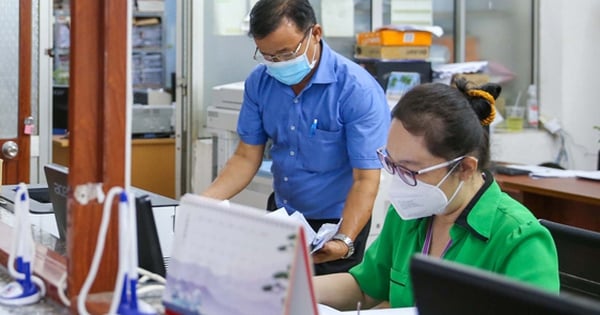




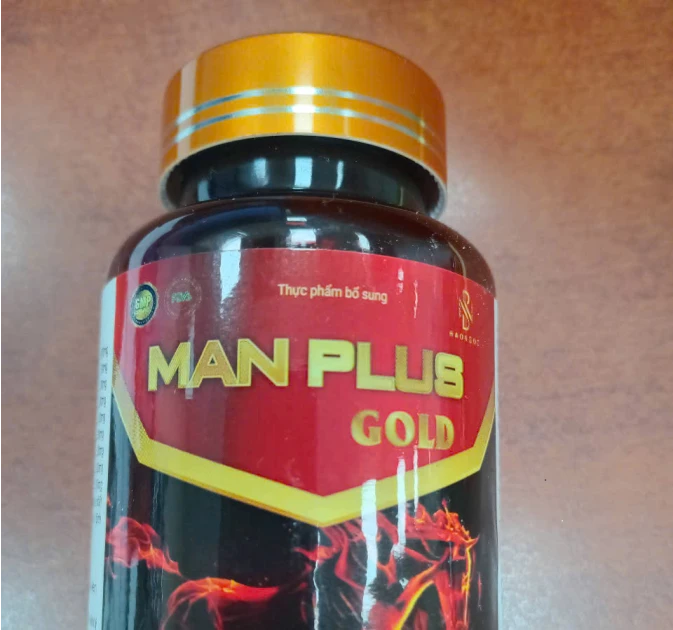
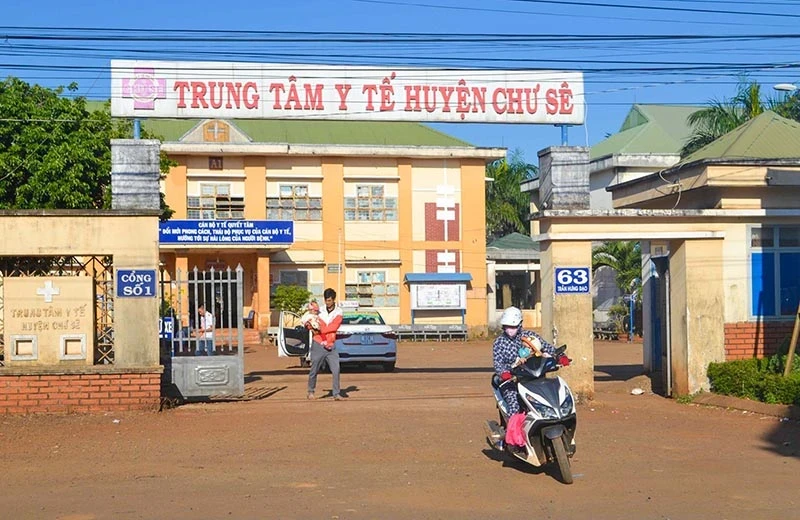
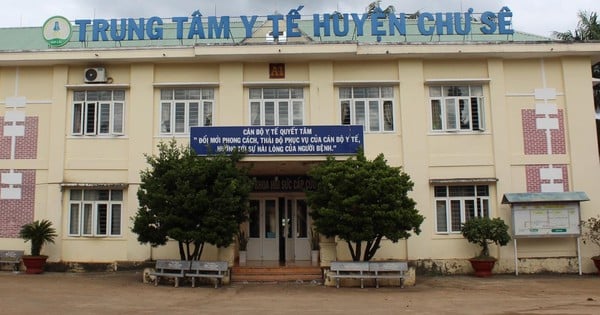
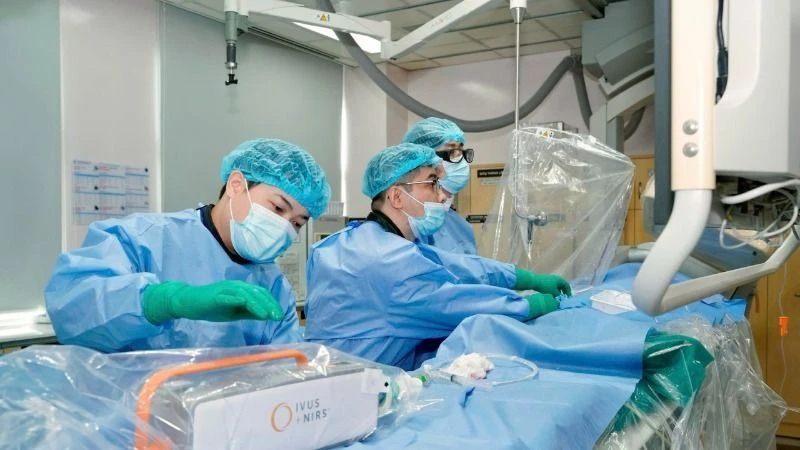




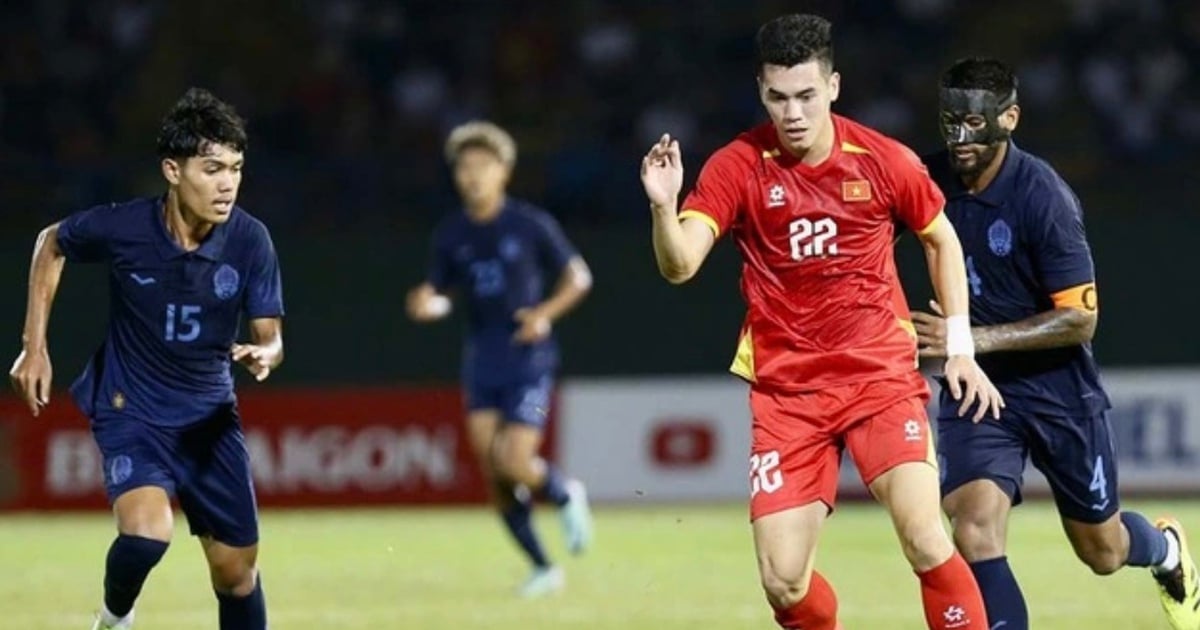

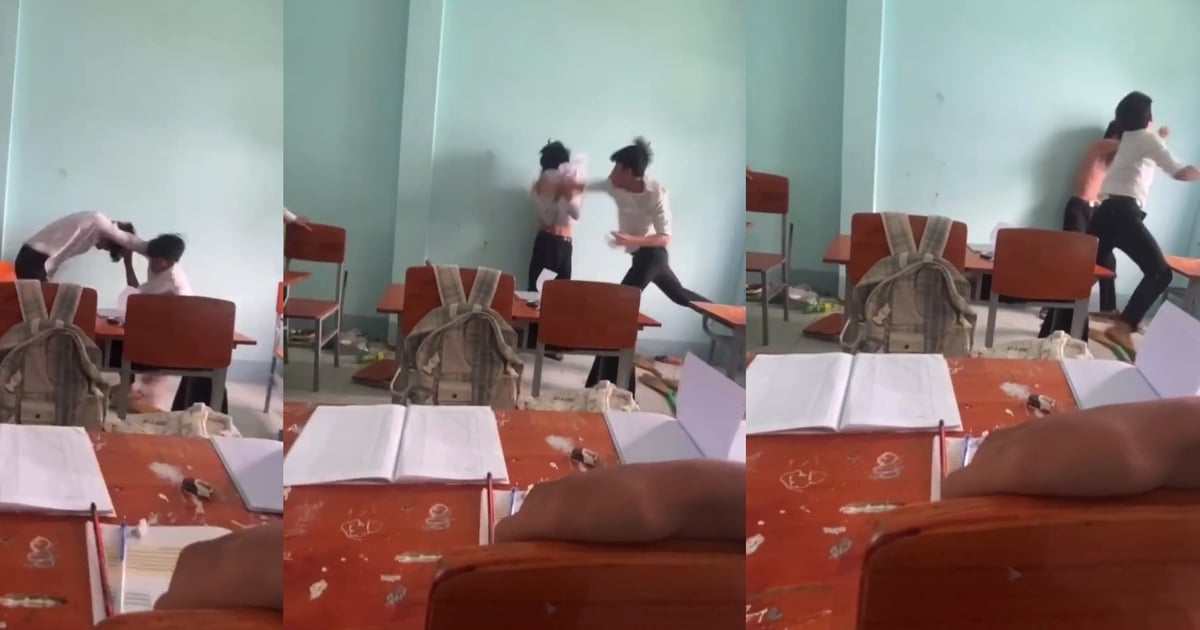
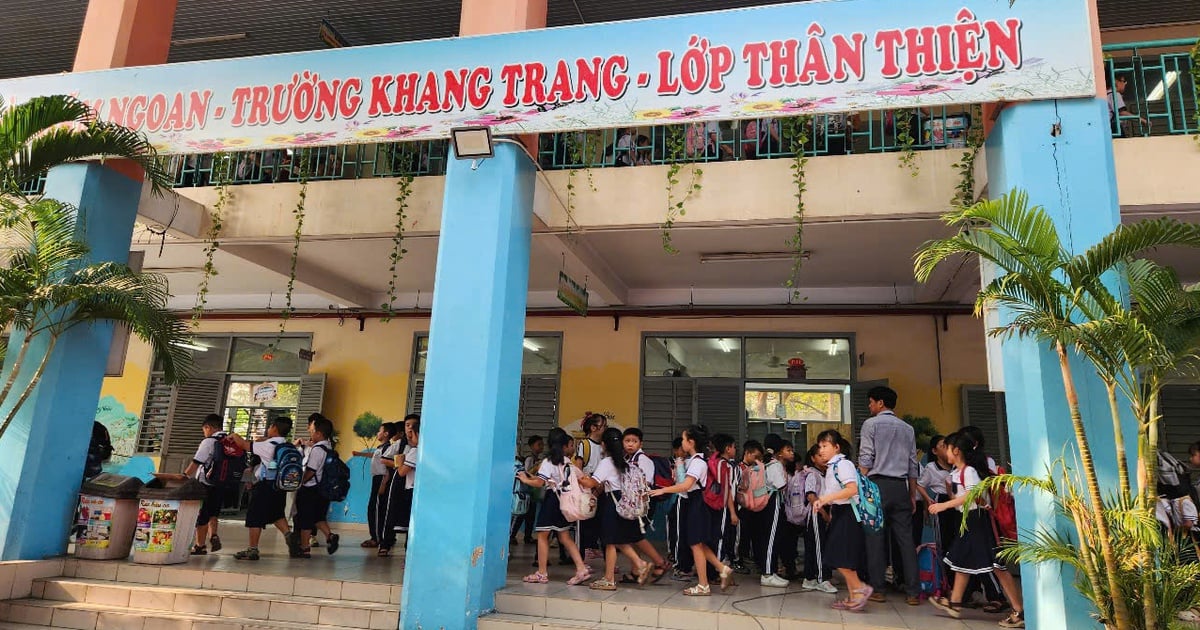














































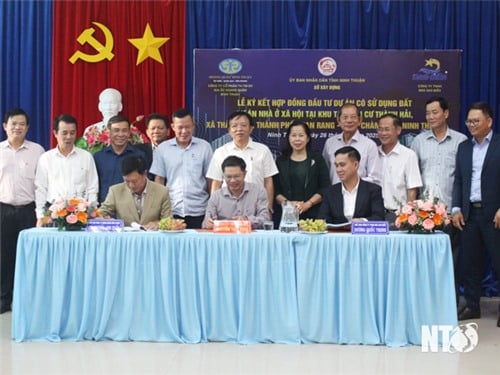


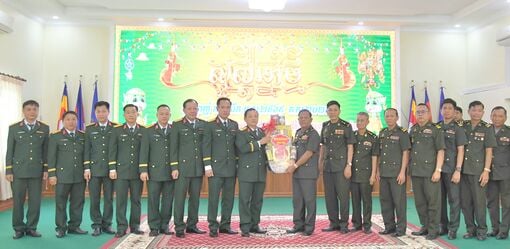

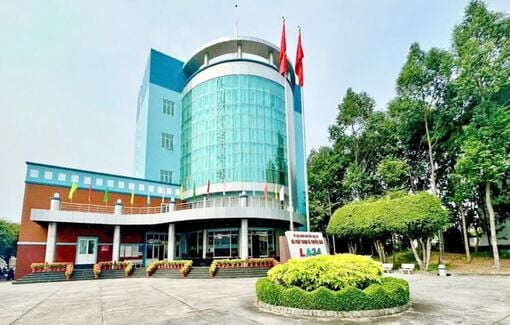
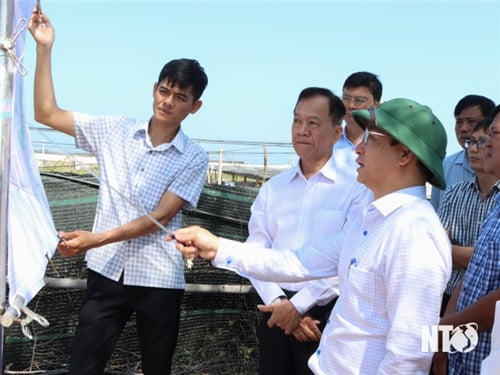












Comment (0)